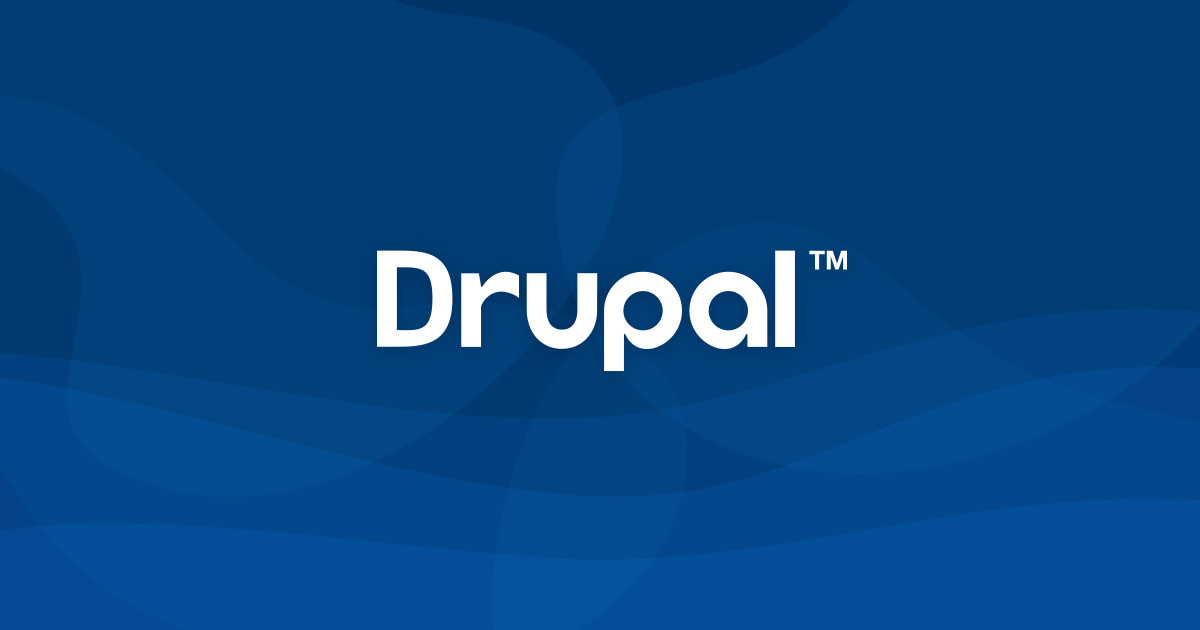How I Ended Up Using Drupal

I have been building websites set nearly a decade, and I've learned many things. The culmination of which has led me to seeing the value of content management systems. While Drupal, WordPress, and alike might not allow for the ultimate customization, 99 percent of what a small and unsophisticated website owners needs are available through such platforms.
My experience in web development started out from an interest in phone applications, specifically HTML native applications. These could be compiled, by the now obsolete Intel XDK and made available for both iOS and Android platforms. I made one or two games using the also now obsolete game development software Construct 2 which still holds a place in my heart. Once exported from Construct 2, the games' JavaScript and CSS files needed modifications to achieve what I was looking for. It was here I started to take an interest in HTML, JS and CSS.
W3Schools was highly important at the time in developing the associated skills. Once, I got my first application posted on the Apple and Google Play Stores. I started to wonder if I could connect users together, save scores, and share them. I was able to after teaching myself more languages used in dynamic websites - PHP, MySQL. However, my main issue was that I lacked any sort of formal education or training on the subject. I quickly changed that and learned the MVC framework.
Learning the MVC framework changed me. For the first time, I had an applicable skill that I could use to be productive in the web development space. I continued to experiment with databases and websites created a survey platform, and a website to publicly share my games, but also save user information and scores on the backend. I think it was at this point I started to realize that this field develops rapidly and changes often. I wanted to move my career in a different direction. I wanted to work and study in financial economics.
But, I still felt web development was an important skill. In this world, JavaScript started to gain a lot of traction and Single Page Applications (SPAs) were the new cool thing. They were fast beautiful, and user-friendly. So, I went into learning the MEAN stack (Mongo, Express, Angular, Node). And, for a time I thought this was the solution I was looking for and that I could make an application for myself to perform financial research. The issue was Angular is in constant development and too complex for one person to make an application within a reasonable time, in my opinion. In general I started to realize even developing PHP websites was getting a bit onerous.
I was hesitant, but after six years, I finally decided to give Drupal a try. And, while it has certainly been a learning experience, I have been able to get my voice and content out while not having to spend excessive amount of time on that process. My field is investment management and research not web development, so I need Drupal to simplify the development, page management, and content management.
I was worried that I could not get the level of customization I needed from a content management platform, but actually everything I have wanted Drupal has allowed. You'll notice on the 'Products' page that there are some CSS effects. After toying for several hours, I was able to get the effect I was looking for. I am also able to incorporate outside services such as the appointment scheduling found on the 'Products' page. I'm able to post pictures, design web pages, and even add content search bars to the same.
Now there are some things I have not figured out, and at this point don't plan on resolving. This includes a scrolling/alternative banner image on the home page. As well, The footer caused my some grief. I ended up heavily modifying the CSS just so it would stick to the bottom of the page. All in all, for the unsophisticated developer, business owner, or student drupal is an excellent tool to get the job done. Even some large companies such as Tesla, Oxford, and NASA use Drupal